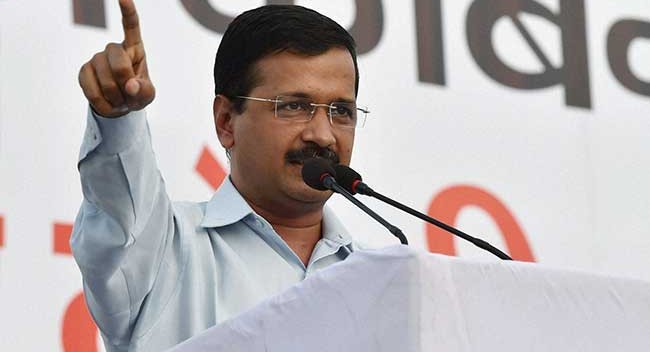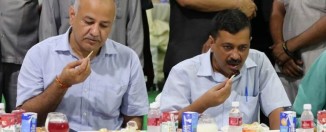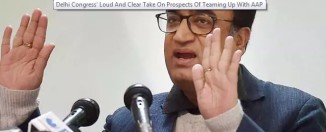Delhi Jan Lokpal bill: Arvind Kejriwal has turned ombudsman into a joke
Arvind Kejriwal has tabled a bill that gives him full control over selection and removal of the ombudsman.
While small corruption in different departments of the governments — both state and Central — has been there from the British times, largescale corruption has been a phenomenon born of the nature of electoral politics. Not only because of the ever-increasing greed of powerful politicians to live the life of a maharaja but also for acquiring a pivotal position in politics. Money enables politicians to get support from an army of party activists by helping them financially. In addition, the party leadership also needs a lot of money to run the party machine and also for financing candidates to fight elections. It is true that the use of big money by candidates does help in creating an illusion of popularity. The competition among political parties regarding the scale of election expenditure has pushed expenses, even in assembly constituencies, to several crores. Now, how do the parties collect such huge sums? Donations do not bring such sums of money. These can only be collected by organised corruption, in which a collaboration between ministers and bureaucrats is required.
READ | Ashutosh’s column on Delhi Jan Lokpal bill
It was to tackle this corruption that a Lokpal or ombudsman was conceived in the 1960s. It is not the case that there was no investigative machinery for these acts of corruption. Under the CrPC, any police officer in charge of a police station is entitled to investigate any offence committed in its area, which includes cases of corruption covered under the Prevention of Corruption Act. There was also the CBI, set up under the Special Police Establishment Act, which could investigate such cases of corruption, if either the state government agreed to refer a case to it or the high court or Supreme Court (SC) referred a case to it. The difficulty, however, was that the police under the CrPC was under the state government, and since the promotion and transfer of all police officers was under the control of ministers, no police officer could dare investigate and prosecute a minister. Similarly, the CBI was also under the control of Central ministers.
With all investigative agencies being under the control of politicians, a Jan Lokpal Bill was drafted by some of us to create an independent institution of Lokpal on which neither any state government nor the Central government would have any control. The government was not designed to have any real role either in the selection of the Lokpal, or in its removal. Its independence from politicians was the very soul of the concept of Lokpal.
The Anna Hazare aandolan was launched for the enactment of that bill. The aandolan had a resounding success and spread in various parts of the country. Politicians became nervous and agreed to enact a Lokpal bill. The Central government passed a Lokpal act, but cleverly retained a fair amount of control in the hands of the political class and particularly the ruling party — so much so that Arvind Kejriwal, at that time, denounced the act as one in which even a mouse could not be jailed.
Now Kejriwal has got a bill tabled in the Delhi assembly in which total control of both selection and removal of the Lokpal is in his hands. The selection committee consists of only four persons, of whom three are politicians, and two are his politicians. One is the chief minister himself and the other is the speaker. So, nobody can be selected unless these two agree. The removal of the Lokpal has been given to a two-third majority of MLAs. Kejriwal can have any Lokpal who has the temerity to touch any of his ministers and MLAs removed. Thus, the very purpose of creating the institution of an independent Lokpal is completely defeated. Perhaps Kejriwal is counting on his belief that Delhi’s residents are all dim-witted and will not be able to see through his fraud.
Interestingly, his own 2014 bill, brought during his 49-day stint as chief minister, had eight members in the selection committee, of which only two were politicians — one from the ruling party, the chief minister, and the other was the leader of the Opposition. The power of removal was vested in the high court.
There’s a video clip doing the rounds on social media in which Kejriwal is sitting next to Anna Hazare at Ramlila Maidan and telling the audience that Anna says there’s something in the chief minister’s chair which ensures that whoever sits on it becomes corrupt. He further says that he was worried that if an alternative government came into existence from this aandolan, would not the person then sitting in the chief minister’s chair also become corrupt?
Has this any connection with the drastic changes made in the recently tabled Delhi Lokpal bill by the Aam Aadmi Party — killing the very soul of the Lokpal movement? I leave it to the reader to come to his own conclusions.





